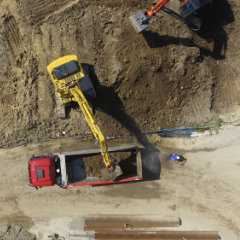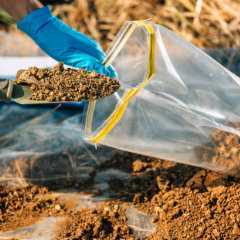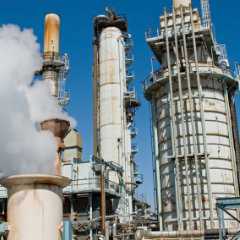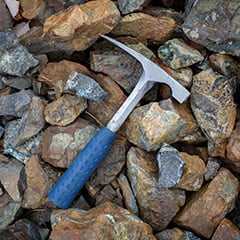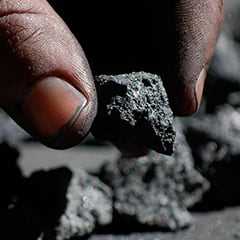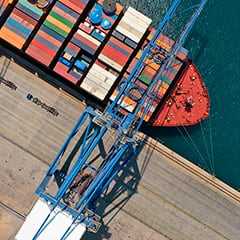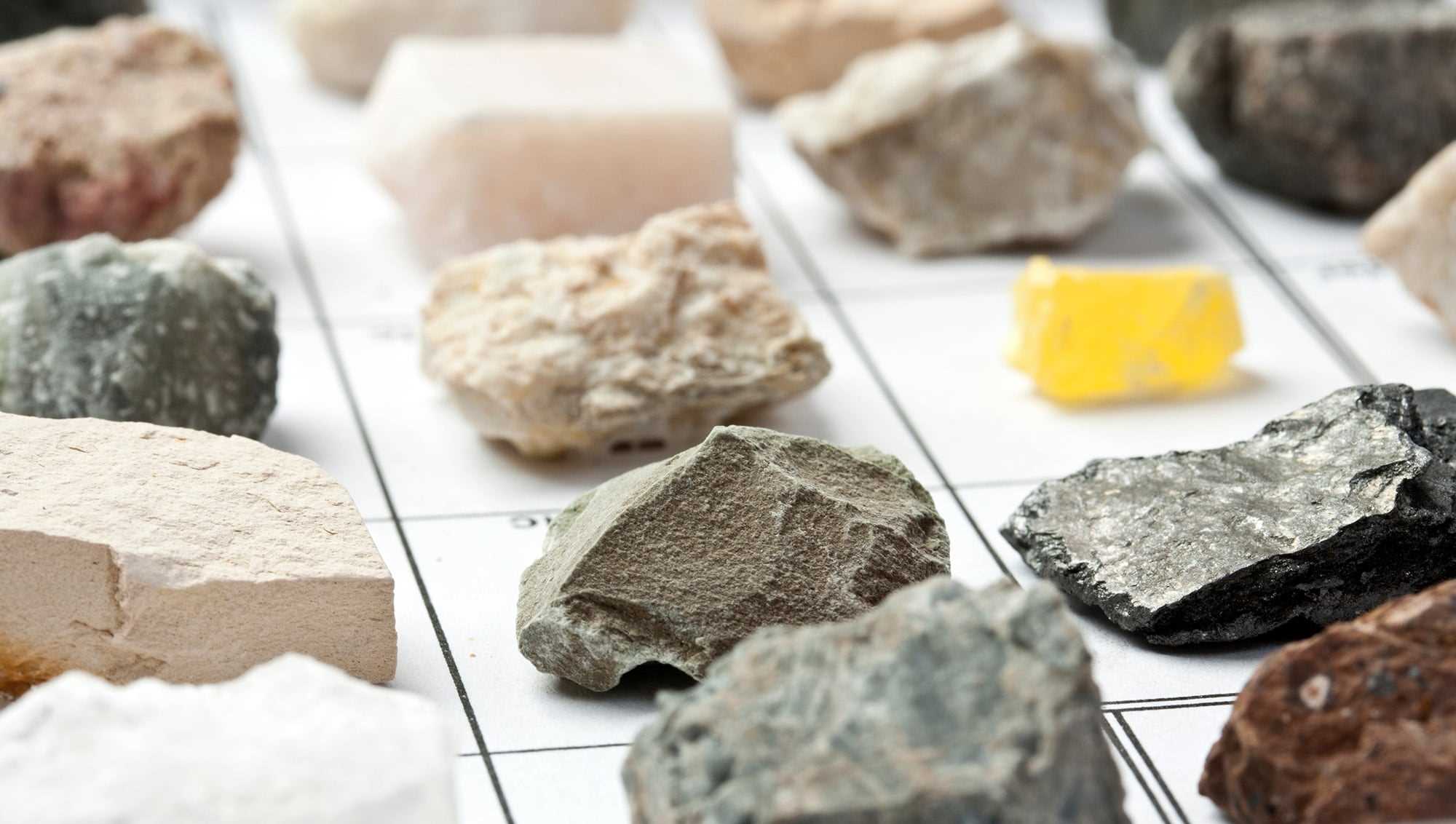Mineralogical services
Our team can cover a large swath of mineralogical areas, including all base metals, iron ore, gold occurrence, rare earth, and specific processing products. Moreover, the ALS Metallurgy and Mineralogy team can also leverage with ALS Geochemistry colleagues to provide the best service outcome.
Our services include the following:
- XRD Semi Quantitative Analysis
- XRD Quantitative Analysis
- Mineral Liberation Analyser (MLA)
- Automated QEMSCAN quantitative mineralogy
- Optical microscope examinations
- HyLogger™ spectral analysis
Customised reports are prepared to meet requirements with detail including:
- Mineral List (including formulae and elemental percentages)
- Mineral Abundances (wt %)
- Elemental Distribution of valuable and penalty
- Grain Size Distribution
- Mineral Association, Locking and Liberation
- Theoretical Grade Recovery Curves
- Filtering of Data (e.g. to establish grain size of locked minerals of interest)
- Coloured Mineral Maps provide qualitative data.
Mineralogy information can add value at all points in a life cycle of a minerals project. Benefits and uses include:
- Exploration
- Prefeasibility studies & feasibility studies
- Resource and reserve determination
- Geometallurgy
- Mine planning & production scheduling
- Comminution and beneficiation process design
- Extraction process design and optimisation
- Pilot plant testwork support
- Plant control and troubleshooting
- Plant audits and monthly surveys
- Sales and marketing, and transportation of final products
- Smelter Management
- Environmental assessment programs
- Mine rehabilitation
- Prediction of leach parameters such as leach rates, acid consumption, acid generation and heat generation.
- Elemental deportment of valuable, deleterious and penalty elements between minerals.
- Mineral liberation and locking analysis per size fraction with specific emphasis on surface exposure.
Specifically for gold samples, gold-bearing grains can be characterised larger than 0.5μm in size and can be discriminated between gold species, such as native gold, electrum, maldonite, calaverite, hessite, petzite, sylvanite, aurostibite, aurocuprite, and others. This knowledge is important since gold alloyed with elements such as antimony, bismuth, tellurium, and even silver are less soluble than native gold. The identification of potentially deleterious minerals, such as gold-robbers (for example, active carbon and pyrrhotite), environmentally undesirable elements (for example, arsenic and lead),and minerals that could potentially consume acid, alkali, or oxygen is also hugely beneficial.
 Search
Search
 suomi
suomi
 Login
Login


